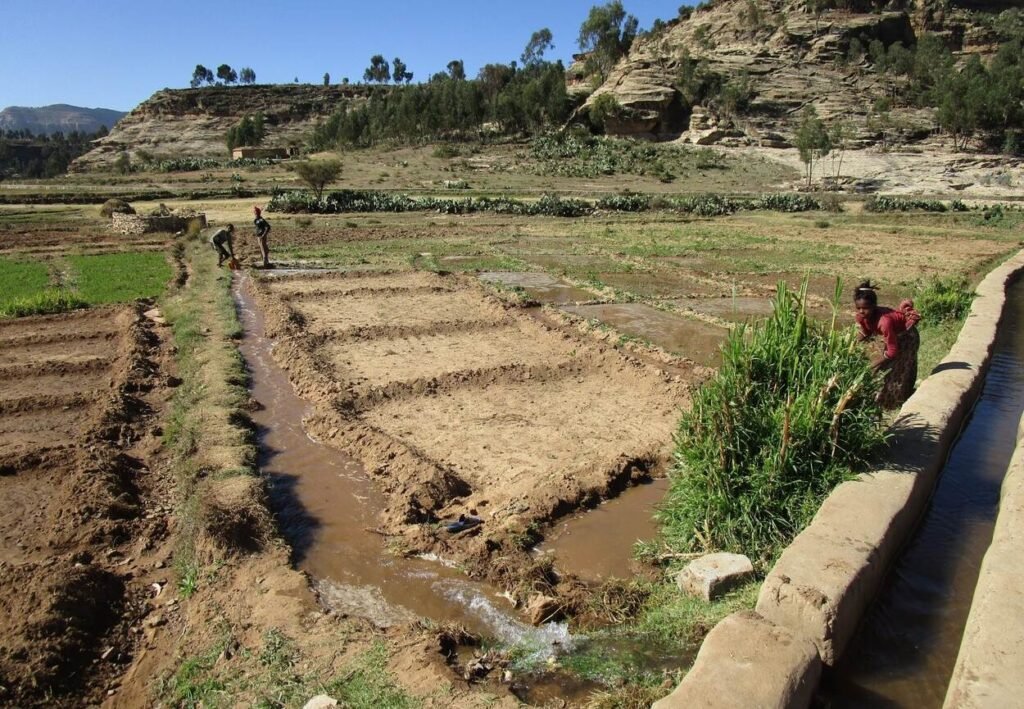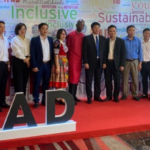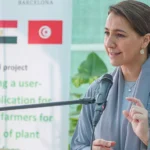By Rogers Aghan, February 27, 2023, Nearly three-quarters of smallholder farmers are susceptible to climate hazards like flooding, drought and extreme heat across Ethi0pia.
According to a report by McKinsey and Company Report, climate change will also intensely impact land suitability for crop production, with countries like India being at the verge of losing 450,000 square kilometers of land currently usable for rice cultivation.
Smallholder farmers generate 32 percent of the globe’s agriculture-related greenhouse gas (GHG) emissions but are also among the most at risk from climate change.
Global food security could be under threat considering that these farmers produce a third of the world’s food. The projected rise in demand to 60 % by 2050 is also an issue of concern.
There is no plan for the type of countermeasures to employ and how to go about essential investments and support efforts to mitigate and adapt to the changes.
The report identifies 33 climate mitigation and adaptation measures for smallholder farmers, from dry direct-seeding technologies to rotational grazing. It also sensitizes the government and the private sector to establish clusters of similar smallholder farmers to scale up the adoption of multiple measures, invest in climate-resilient infrastructure, form national agricultural research systems, pioneer new technologies, and help farmers bring sustainable new crops to markets.
Climate-resilient farming methods could be vital to driving inclusive growth and reducing global inequality.
The report suggests plans to manage land to counter the effects of climate hazards. It is also vital that crop insurance is advocated extensively for while better food security planning is used to mitigate climate risk.
Additionally, taxes, subsidies, and other incentives could be used to encourage sustainable farming.
“With 510 million smallholder farmers across the world, implementing adaptation and mitigation measures will be critical to their livelihoods. 75 percent of smallholder farmers could feasibly adopt at least three of the adaptation measures we have outlined. Moreover, with smallholder farmers accounting for a third of CO2 emissions from agriculture and food supplies, implementing climate-smart agriculture could simultaneously reduce greenhouse gas emissions, support vulnerable populations, and improve global food security.” said Gillian Pais, Partner at McKinsey.







